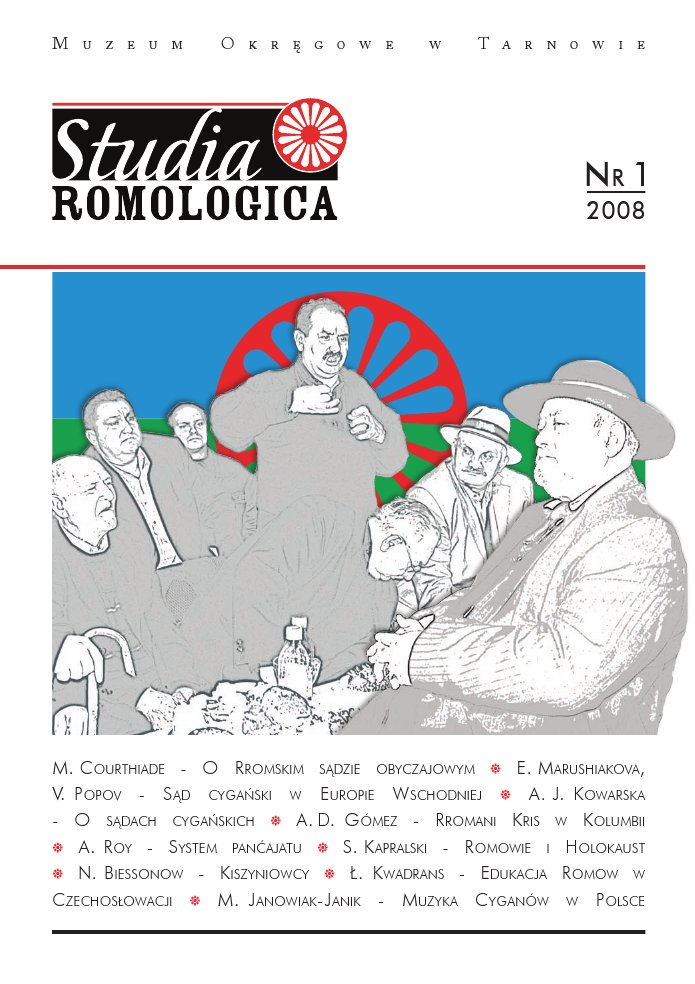Romowie i holokaust – rola doświadczenia zagłady w budowaniu współczesnej tożsamości romskiej
Roma and the holocaust: the experience of annihilation in constructing modern Romani identity
Author(s): Sławomir KapralskiSubject(s): History, Social Sciences, Sociology, Recent History (1900 till today), WW II and following years (1940 - 1949), Ethnic Minorities Studies
Published by: Muzeum Okręgowe w Tarnowie
Keywords: Roma; genocide; holocaust; Samudaripen; identity
Summary/Abstract: Since the fall of Communism, some of the Romani elites and activists have become engaged in a conscious attempt to achieve the accepted status of a non-territorial, ethnic-national group. One of the most important aspects of this process is the development of an identity that could function in the contemporary world and unite different groups of Roma. Such an identity must also be powerful enough to counteract the influence of traditions, both internal and external, denying the Roma a distinct national identity and hindering attempts directed towards the formation of such an identity. To counteract such views, and to legitimize the Roma nation-building process, one may turn to the indigenous tradition of Roma nationalist movements accompanied by the tradition of the Roma as a persecuted people. Such a synthesized tradition has enormous emotional appeal and can present the emancipation of the Roma as moral compensation for, and political protection against the perpetuation of persecution.I would argue that the cornerstone of such a tradition can be found in the memory of the persecution of the Roma during the Second World War. I review attempts to generalize such a memory in the narrative of the Holocaust, and symbolize it through the site of the Auschwitz-Birkenau death camp that indeed becomes recently an important place of Romani commemorative ceremonies. In the end I am trying to indicate advantages and disadvantages of the Holocaust discourse as identity-building factor, pointing out its role as a “rhetorical discourse” that defends Romani right to be identified as victims of the Holocaust and as a “popular discourse” that popularizes common history among Roma.
Journal: Studia Romologica
- Issue Year: 1/2008
- Issue No: 1
- Page Range: 143-172
- Page Count: 30
- Language: English, Polish, Romany

